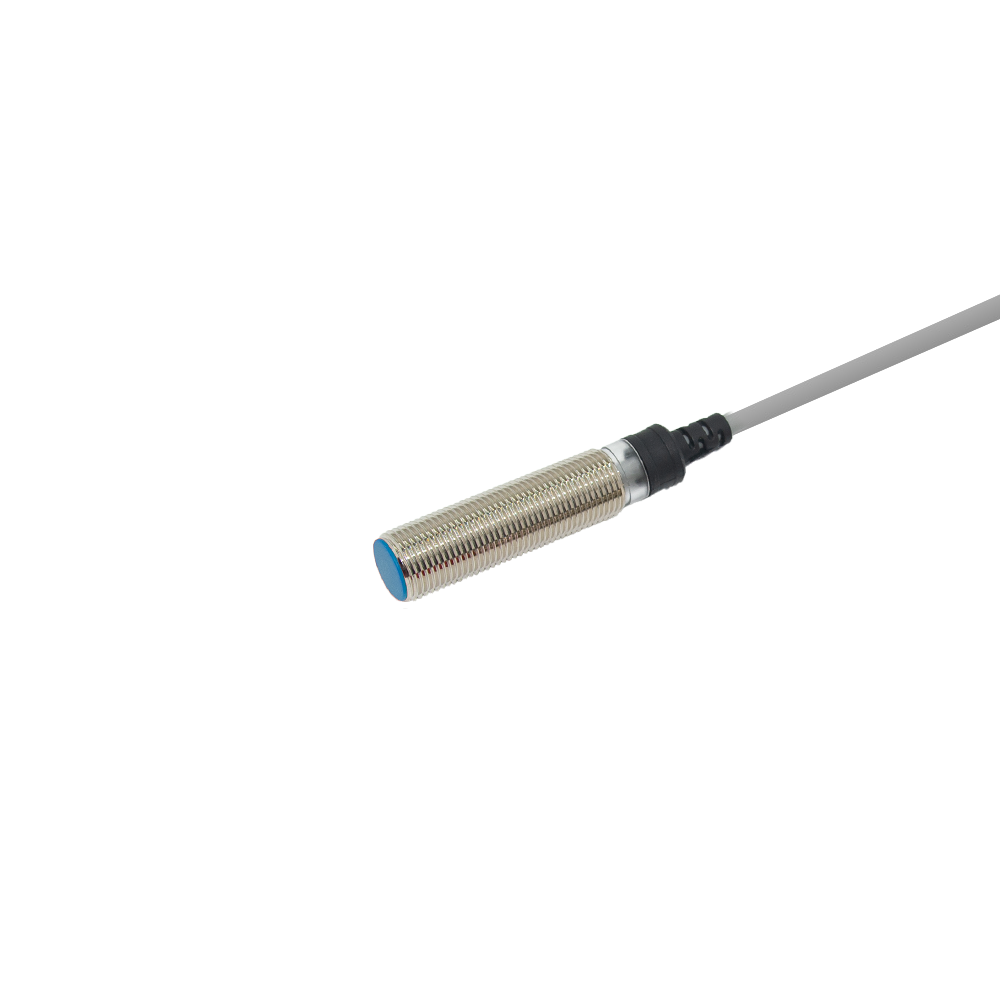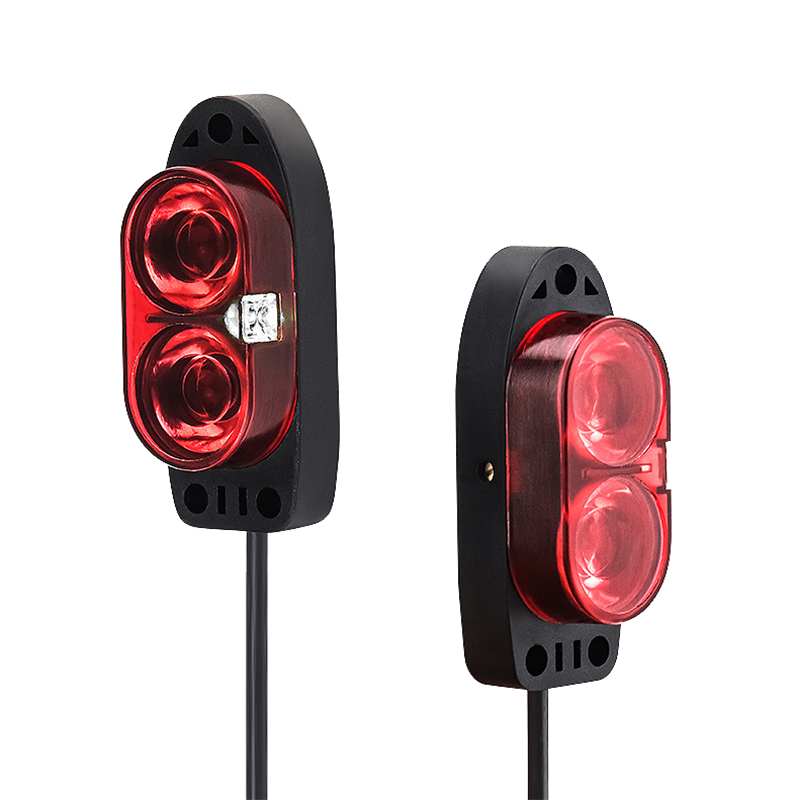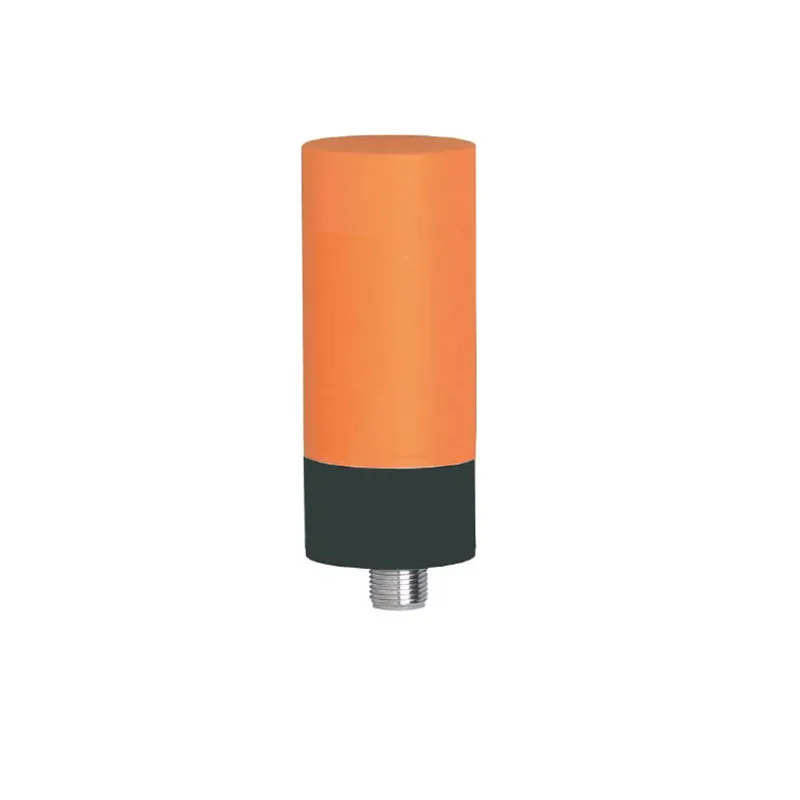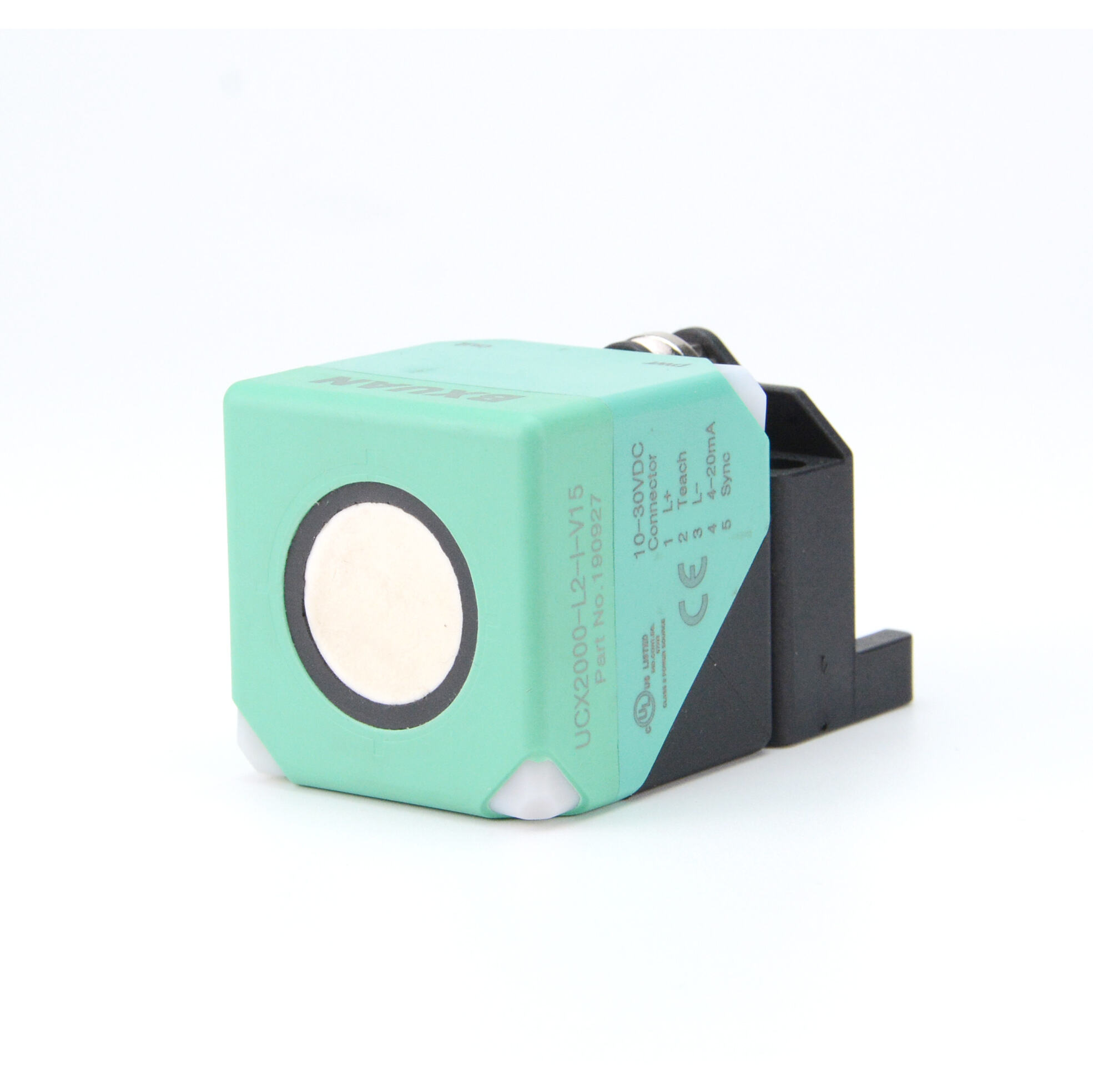photoelectric cell sensor
A photoelectric cell sensor is a sophisticated electronic device that converts light energy into electrical signals, serving as a cornerstone technology in modern automation and sensing applications. This versatile sensor operates on the photoelectric effect principle, where photons striking a photosensitive surface trigger the release of electrons, generating an electrical current. The sensor consists of a light source, typically an LED or laser, and a receiver that detects changes in the light pattern. When an object interrupts the light beam between the emitter and receiver, the sensor responds by triggering a switching operation. Modern photoelectric cell sensors incorporate advanced features such as adjustable sensitivity, digital displays, and various detection modes including diffuse, retroreflective, and through-beam sensing. These sensors excel in precise object detection, counting, and positioning across distances ranging from a few millimeters to several meters. They are engineered to operate reliably in challenging industrial environments, featuring robust housings, contamination resistance, and compatibility with various control systems through standard output interfaces.









